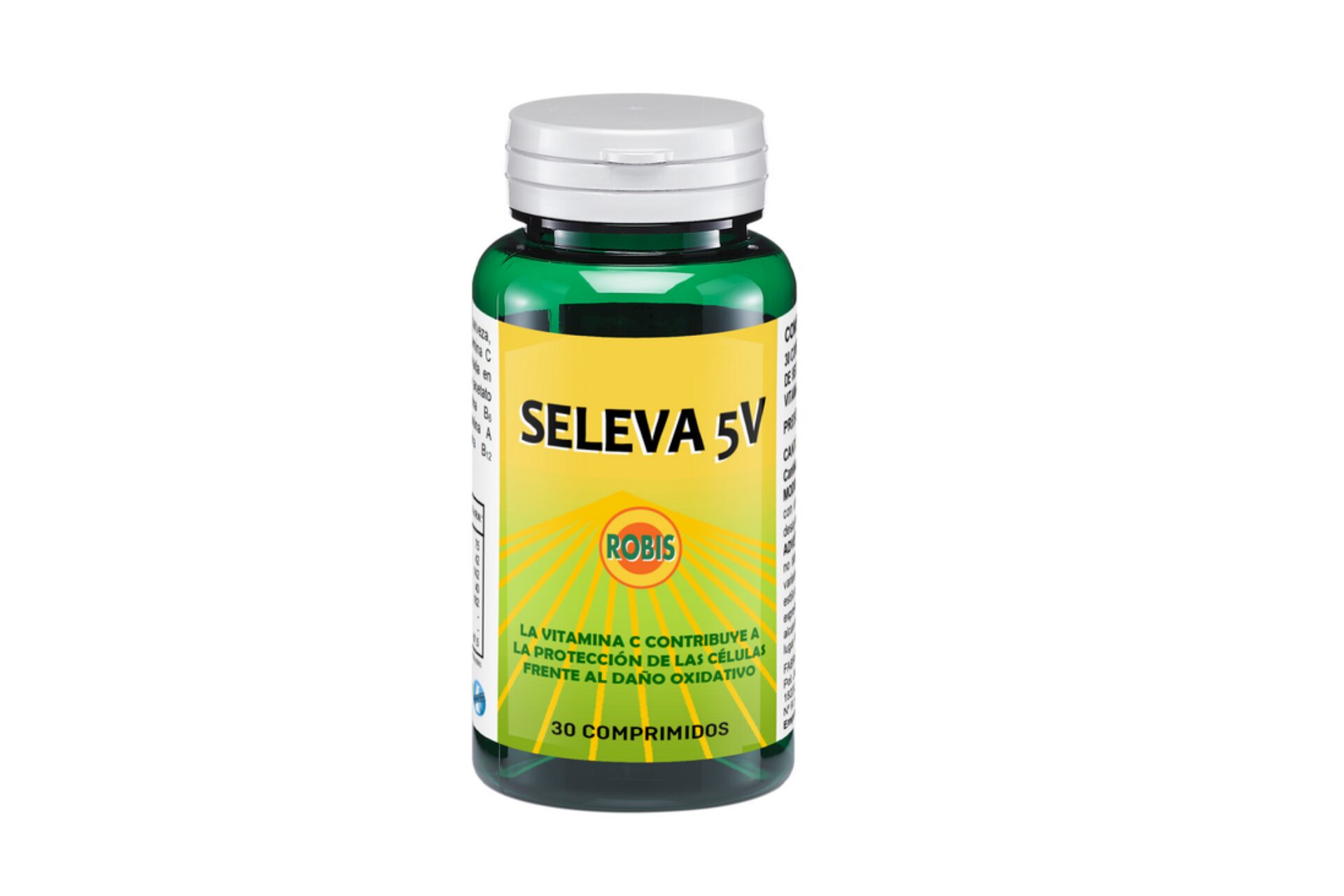The Benefits of Coenzyme Q10
What are the benefits of coq10, and taking CoQ10 supplements? Coenzyme Q10 benefits include:
1. Supports our Energy Systems
Coenzyme Q10 plays a key role in our body’s energy systems. It helps the body convert food into energy, and provide energy to the cells around the body. CoQ10 is required for adenosine triphosphate (ATP), which is an organic compound that provides energy to support many processes in the cells in our bodies. It is required for converting food and carbohydrates into energy.
2. Antioxidant that Helps Combat Free Radicals from Causing Damage
CoQ10 is a powerful antioxidant, which helps protect our bodies. Antioxidants help the body fight unstable chemicals known as free radicals. Free radicals can damage the cells in the body during a process called Oxidative Stress.
3. Supports Heart Health and the Symptoms of Heart Failure
Co-Enzyme Q10 helps to support heart health. Heart disease and oxidative stress are features of heart failure.
There are a number of clinical trials investigating the impact of CoQ10 supplements for heart failure patients. Co-Enzyme Q10 levels were shown to be lower than normal in patients with heart failure. The clinical trial results are being debated, and further studies are needed. However, there were significant functional status improvements in patients taking CoQ10 supplementation in several trials. This permits a patient to better perform everyday tasks.
4. May Reduce the Risk of Heart Disease for Diabetics
According to Mayo Clinic, there is research to suggest that CoQ10 may help lower cholesterol levels in people with diabetes. This would reduce their risk of heart disease.
5. Beneficial for Diabetes Glycemic Control
Diabetes is a disease that occurs when either the pancreas does not produce enough insulin, or else the body does not respond properly to insulin. It can result in blood sugar glucose levels being too high.
For diabetes sufferers, glycemic control is the vital balancing act of trying to get the optimal serum glucose concentration.
An analysis of 40 trials published in The Lancet in 2022 and supported by The National Natural Science Foundation of China, highlights that CoQ10 supplementation has beneficial effects on glycemic control for diabetics. The study will feed into nutrition guidelines to recommend a daily intake of CoQ10 supplements for patients with glycemic disorders.
6. Contributes to Healthy Skin and Reduced Wrinkles
Damaged cells lead to dry and damaged skin. This can result in wrinkles and premature skin ageing. Coq10 may help replenish skin cells, and reduce oxidative stress damage that is caused by the environment and the sun’s harmful UV rays.
According to 3LAB, there are studies that suggest that Co-Enzyme Q10 supplements or topical applications can improve skin texture and smoothness to reduce the visible signs of ageing and wrinkles.
7. May Help Prevent and Reduce the Severity of Headaches and Migraines
Co-Enzyme Q10 may help prevent and reduce the severity and frequency of headaches and migraines. There are a number of studies into this.
The American Academy of Neurology is the world’s largest association of neurologists and neuroscience professionals. According to research presented at the American Academy of Neurology in 2004, Coenzyme Q10 (CoQ10) supplementation may help prevent migraine.
Research from The American Headache Society states that Coenzyme Q10 plays an essential role in mitochondrial electron transport chain and energy generation in the brain cells. Mitochondrial dysfunction has been associated with increased susceptibility to migraine. The American Headache Society states that research shows that 300 milligrams per day of CoQ10 supplements can help reduce migraine frequency in adults.
A study by the University of Medical Sciences, Tabriz , Iran has investigated the effects of Coenzyme Q10 supplementation in patients with migraine. Patients taking CoQ10 supplements had a significant improvement in terms of severity and duration of migraine attacks.
8. Supports the Immune System
The immune system defends the body against infection and damage. CoQ10 helps to significantly boost the immune system. The cells of the immune system require CoQ10 for energy supply and to function properly.
9. Boosts Physical Performance
Coenzyme Q10 is needed in the body for good physical performance. It supplies energy to the tissues and cells for the body to perform.
10. Supports Brain Health
Oxidative stress can damage our brains. This can occur when free radicals damage the brain cells. CoQ10 is an antioxidant that can help protect our brains from free radicals that cause damage.
11. Potential Help for Alzheimer’s Disease and Neurodegenerative Diseases
CoQ10 supports brain health and memory. Medical evidence indicates that oxidative stress contributes to Alzheimer’s disease and other neurodegenerative diseases. Alzheimer’s disease is a brain disease. It is the most common cause of dementia leading to memory loss and reduction in cognitive abilities.
Due to Coenzyme Q10’s antioxidant properties, there are a number of studies taking place to investigate whether CoQ10 could potentially be used as a treatment for Alzheimer’s disease.
A study at the Research Center for Molecular Medicine, Hamadan University of Medical Sciences in Iran was published in Science Direct. It concluded that CoQ10 resulted in enhanced cognition and memory deficiency in Alzheimer’s disease in rats. Further research and studies are required.
12. May Help Reduce Inflammation
CoQ10 has anti-inflammatory properties that protect cells. Inflammation is the body’s response to injury or infection. It is damaging to the body when it occurs in healthy tissues, or due to chronic inflammation that lasts too long.
There are a number of clinical studies indicating that Coenzyme Q10 has anti-inflammatory effects. It potentially could be used as a tool in the fight against a number of inflammatory and infectious diseases.
13. Potential to Aid Parkinson’s Disease Sufferers
Parkinson’s disease (PD) is a degenerative neurological disorder. There is no proven therapy or treatment to slow down the rate of progression of the disease. While further research is required, Coenzyme Q10 may be used as a tool in the fight to slow the progression of deterioration.
A study was conducted into the effects of Coenzyme Q10 in patients with early Parkinson’s disease by Clifford W. Shults at the Department of Neurosciences at the University of California-San Diego. There were 80 subjects with early Parkinson disease (PD) studied at 10 locations. The study results showed less disability developed in the patients taking Coenzyme Q10 than in those not taking it. Also, those with a higher dosage had greater benefits. According to the study “Coenzyme Q10 appears to slow the progressive deterioration of function in PD, but these results need to be confirmed in a larger study.”
14. Helps Manage Statin-Induced Myopathy
Statins are medicines used to help lower the level of low-density lipoprotein cholesterol in the blood. Statin‐induced myopathy is muscle weakness and pain, which is a common side effect of taking statin medication.
According to a number of studies published in the Journal of the American Heart Association (JAHA), CoQ10 may be used as a complementary approach to help manage statin‐induced myopathy to help relieve the symptoms of muscle weakness and pain from taking statins.
15. May Potentially Help with Obesity Problems and Weight Loss
Obesity leads to health issues such as fatty liver. Eating too much can contribute to a fatty liver, which is not healthy. Animal studies suggest that Coenzyme Q10 may help protect against some of the problems associated with obesity such as fatty liver.
Low levels of CoQ10 are found in a significant portion of overweight people. This could slow down metabolism. Dr. Rachelle Herdman from the Pacific Center for Naturopathic Medicine states that “for our patients, daily supplementation of CoQ10 can lead to doubling their weight loss over several months with the same calorie intake”, and “CoQ10 improves stamina and motivation to exercise”.
16. Supports Lung Health and Asthma
Asthma is a disease that involves inflammation of the lungs. It impacts the airways and breathing.
Low levels of Coenzyme Q10 have been linked to asthma. A study of 41 bronchial asthma patients in 2005 undertaken by Comenius University, Medical Faculty, Pharmacobiochemical Laboratory in Bratislava, Slovakia showed patients had low levels of CoQ10 that could result in oxidative stress. The study concluded that Coenzyme Q10 supplementation reduced corticosteroids dosage in patients with bronchial asthma, and it may have helped reduced inflammation.
Publisher: Source link



